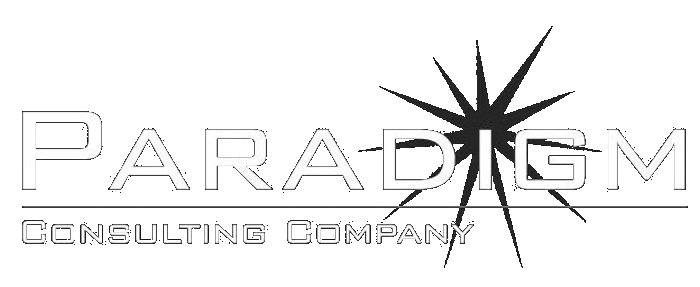Last week, we received a frantic email from a client, reporting that the Vice President had lost an hour of work because his computer was freezing up. His email client had crashed, and was stuck for some time in an extensive rebuild process. While this was going on, the computer was pretty much useless, as all of its resources were being used on the rebuild, leaving nothing left over for web surfing, PDF editing, and the other things he wanted to do. Unfortunately, since his system was over 5 years old, and we’d been telling him that it should be replaced for a year and a half, by this time, all we could say was “it’s time to replace the machine,” but there wasn’t anything we could do to get back the time he’d already lost due to the system failure.
The same time this was happening, I was on the phone with my mechanic. He had some bad news: the leak in the head gaskets of my 2005 Subaru had gotten worse, and I would be looking at a new engine or, more likely, a new car within a year.
This wasn’t really a surprise, because I’ve known about the head gasket leak for over a year now. When I got the news, I started making contingency plans. First, I looked at my options, which I saw as:
- Buy a new car right away,
- Buy a used car right away,
- Start shopping around, with the expectation of buying a new car within the next twelve months, or
- Do nothing at all.
Had I chosen to do nothing at all, I’d be left with the prospect of suddenly having no car one day. Sure, while spending my time in a metropolitan area, this may not be such a big deal, as public transit, biking, cabs, Uber, and Lyft are all viable options. But as a large portion of my work involves travel in rural states, I would likely have to rent a car, or purchase a replacement in relatively short order – something I’d rather avoid, because these things can take time.
It can also take time to purchase, set up, and properly configure a new computer system – even if you’re only talking about a single PC, especially in smaller enterprises, where systems are usually not “cloned” (where you can keep a master reference system and have a copy of it made and ready to go in minutes). In these cases, a new system needs to be chosen (as you do NOT want to just run down to Best Buy and take whatever is on the shelf), ordered or built, loaded with the appropriate operating system patches and software packages, configured with the appropriate programs for your business, and then have your files and settings migrated over from the old system, if applicable. Depending on the size of the migration, this could be a matter of hours or, in large enterprises, years.
Because of this, even the smallest business should have a plan to replace their existing computer systems, either in an emergency or on a schedule. Most systems’ performance starts to noticeably degrade after a few years, even if the hardware remains sound.
Don’t let this happen to you! If your business is large enough, consider having spare PCs on hand, fully loaded and ready to deploy. Make sure your hardware and software is on a planned rotation cycle – do NOT just plan on using systems until they break; that’s like not changing the oil on your car until the engine seizes!
Need some ideas on how to plan for hardware changes at your business? Drop us a line and see how we can help.

